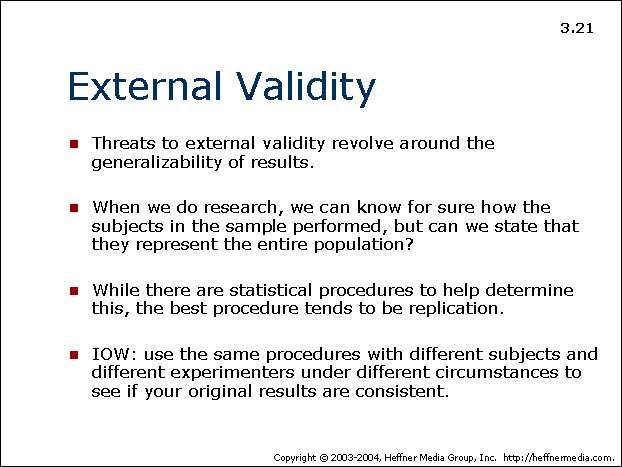
Yet if people consistently aim for improved states A' (and failing that then B' etc), rather than resigning, the aggregate will always appear unrealistically optimistic. It follows that any person seeking an improved future state will always appear optimistic because on the aggregate we know in practice not everyone reaches an improved desired state (whatever that might be), and there is a high failure rate. This can of course be repeated for new information, learning along the way, etc. Say person chooses new goal B', not as good as A', but better than current state A, now to be achieved through action Y. Person can choose from various actions, from complete resignation to a new goal. However new information (or better reasoning) B becomes available, and goal A' now looks unlikely. Person concludes action X as the means to achieve this. Model: A person is in present state A, and wishes to achieve improved future state A'. Proposition: an extension of this analysis so as to account for people selecting and updating their goals reduces and perhaps removes the amount of apparent irrationality exhibited. Otherwise, any risk estimate which isn’t either 0 or 1 will automatically be incorrect, it is just impossible to say whether the error lay in being too optimistic or pessimistic before the actual outcome ensues. Furthermore, it cannot be the case that probabilistic risk estimates are proven or disproven by later outcomes. Is this belief validated by the fact that Portugal did win? Not necessarily, as his likelihood estimate may still have been too high given some objective measure of likelihood. Things are more complicated if what we know is that Ronaldo believed that Portugal had a 95% likelihood of winning the European cup. Only at the end of the Euro 2016 could we say that Ronaldo’s belief that Portugal would win the European cup had been correct (if indeed he had this belief). In some cases, whether an expectation is correct or not can only be established post factum.

However, establishing that we are in fact making an error when assessing the likelihood of future outcomes is surprisingly difficult.

The fact that optimistic expectations are frequently not well supported by the evidence is a feature that they share with many other beliefs, as we humans are not ideally rational in our belief formation.īy definition, unrealistic optimism is a phenomenon that shows us to be insufficiently in touch with reality.

In the paper, we argue that expressions of unrealistic optimism are indeed what they seem to be on the surface, beliefs about what is likely to occur. But are they really expressing a belief that the future will be good, or should we see these expressions of optimism as hopes or possibly even just expression of desires for the future? Maybe when I say ‘My marriage has an 85% likelihood of lasting ‘til death do us part’’, what I am actually saying is ‘I really, really want my marriage to last.’ If what is expressed is a desire rather than a belief, we do not need to worry that we are systematically mistaken in our beliefs in the future and that our expectations for our future are insufficiently sensitive to the evidence we have for what is likely to happen. We know that people have a tendency to expect that their future will be better than that of others or better than seems likely on an objective measure of probability. The paper by Anneli Jefferson, Lisa Bortolotti and Bojana Kuzmanovic looks at the nature of unrealistically optimistic cognitions and the extent to which they are irrational.
#Define unrealistic optimism series#
This post is the final one in our series summarizing the contributions to the special issue on unrealistic optimism 'Unrealistic Optimism -Its nature, causes and effects'.


 0 kommentar(er)
0 kommentar(er)
